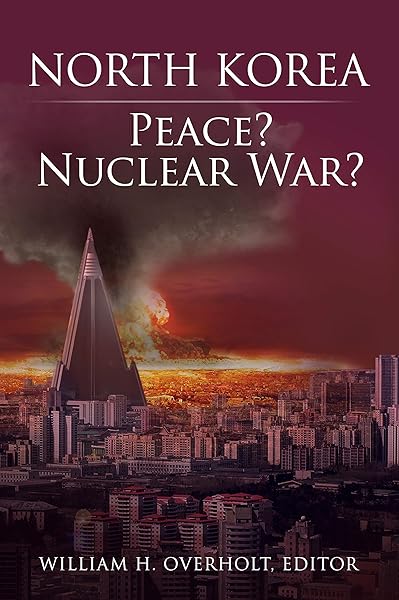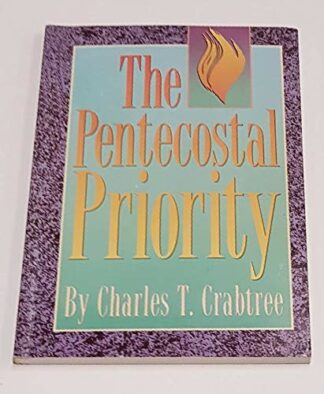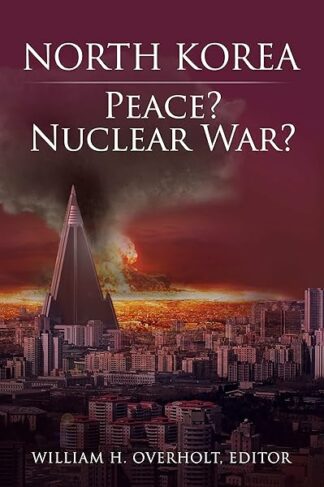Description
Autographed by author William Overholt. 2019 First edition. Paperback cover has some minor wear along the sides, scuffs and bending. Spine has some reading creases and wear. Pages are clean and the binding is secure.
This autographed first edition of “North Korea: Peace? Nuclear War?” offers a unique opportunity for collectors and readers to delve into one of the most pressing geopolitical issues of our time. William Overholt, a renowned expert on Asian affairs, provides an in-depth analysis of the complex and often volatile relationship between North Korea and the international community.
Published in 2019, this book captures the escalating tensions surrounding North Korea’s nuclear ambitions and the efforts to find a peaceful resolution. Overholt’s extensive knowledge and experience in the region lend credibility to his insights, making this a valuable resource for understanding the historical context, cultural nuances, and political dynamics at play.
Beyond the specific details about North Korea, this book also serves as a window into the broader challenges of nuclear non-proliferation and the delicate balancing act required in international diplomacy. Collectors of political and historical literature will appreciate the significance of this autographed copy, while readers will gain a comprehensive understanding of a issue that continues to shape global affairs.


![Pictures and Parables: Studies in the Parabolic Teaching of Holy Scripture [Hardcover] G. H. Lang](https://vintagebookshoppe.com/wp-content/uploads/imported/Pictures-and-Parables-Studies-in-the-Parabolic-Teaching-of-Holy-Scripture-B0035XR6G0-324x479.jpg)


